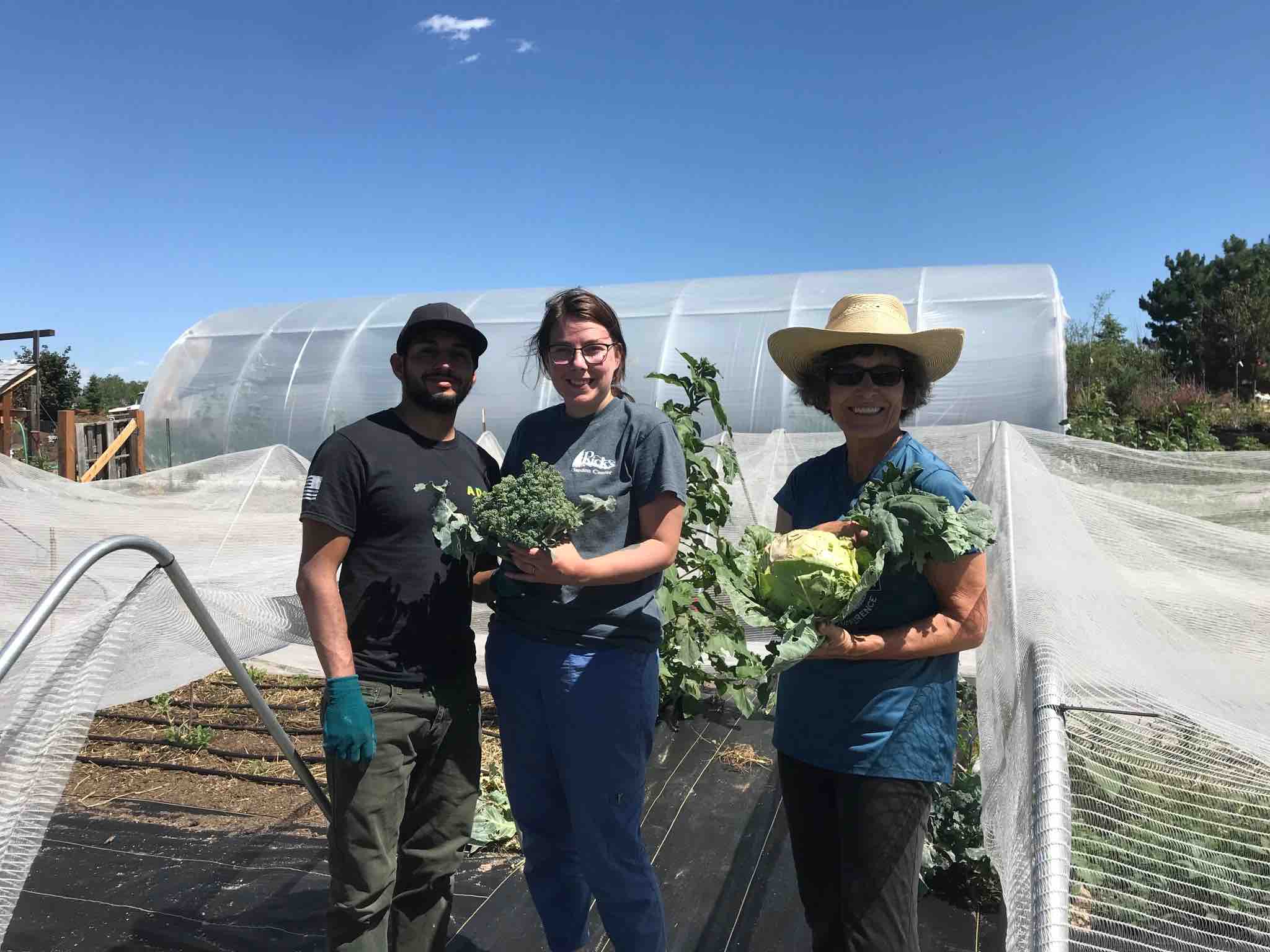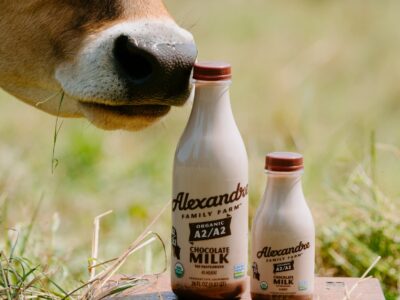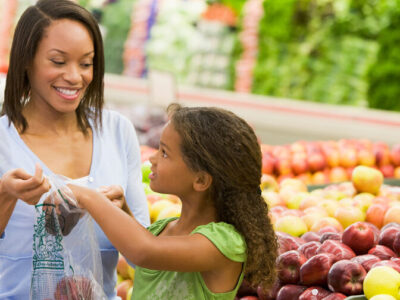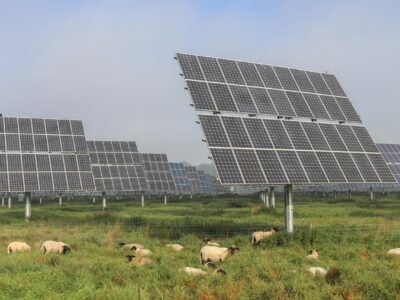Colorado Springs’ Sustainable Education Experience (SEE) provides hands-on education on sustainable farming, regenerative food systems, and homestead skills. The nonprofit, founded in 2016, began as a reaction to an increased local demand for natural resources.
SEE hosts several events at the 20-acre The Shire at Old Ranch, including a range of classes and events for kids and adults. They are all designed to help participants understand the importance of regenerative farming and, perhaps most importantly, connect to the land.
Kyle Katsos, board president and site manager, has seen the demand for the classes increase annually. Every Tuesday and Saturday, the organization hosts a donation-based “pick and pay experience” on the Shire where people can harvest their own produce. Whether it’s that harvest, presentations on food preservation through fermentation, compost demonstrations, cooking classes, or educational classes on microorganisms, Katsos loves seeing people connect with the Earth for the first time, especially children.
Photo Courtesy Sustainable Education Experience
“Pick and pay is fun, it’s novel,” he told Garden & Health. “If you haven’t harvested produce before, you get that experience. Watching a kid pull a carrot from the earth for the first time is a great dopamine hit. These are great ways to put people in touch with their food, their soil, and each other. That resonates with the local food chain, putting a name and face with your food.”
“Seeing the light bulbs and flames kindle in other people by doing good work and putting our heart in it is the greatest reward,” he added.
“If you put passion into something, you can see it resonate in other people, how it helps them increase their own resilience. It’s a small reward but a flame that catches and burns on throughout the community.”
Photo Courtesy Sustainable Education Experience
For Katsos, the importance of understanding where food comes from and how to maintain a sustainable agriculture system is critical for everyone, especially with today’s economic and social challenges.
“I grew up in the country in Colorado Springs when it was still out in the country and enjoyed rural life until the city left us on the edge of suburbia with 20 acres,” he said. “I often wondered what would happen if the [food supply] trucks stopped rolling and life got less convenient. Then COVID happened, and we all got to see what can happen, and it was unsettling.”
“So [SEE] started to develop ideas to increase resiliency for ourselves and our families. We wanted to make ourselves indispensable to our community.” Katsos continued.
“So, we gave away produce and had free events to communicate in order to strengthen the community around us. So if things change, we might be poor, but we won’t be hungry.”
Photo Courtesy Sustainable Education Experience
SEE works with volunteers who help maintain the gardens and host educational activities at its Black Forest Backyard Farmers Market. The nonprofit estimates at least 100 volunteers each year help with everything from the gardens and livestock to teaching classes and workshops.
“It’s in everyone’s best interest if people are connected to the earth,” Katsos said. “They understand their basic needs. It’s important for people to have those skills. This is our cultural heritage, and we deserve to have these skills and abilities. We owe it to those who came before us because this gives us independence.”
Photo Courtesy Black Forest Backyard Farmers Market
For more information on SEE or volunteering, visit the organization’s website.





